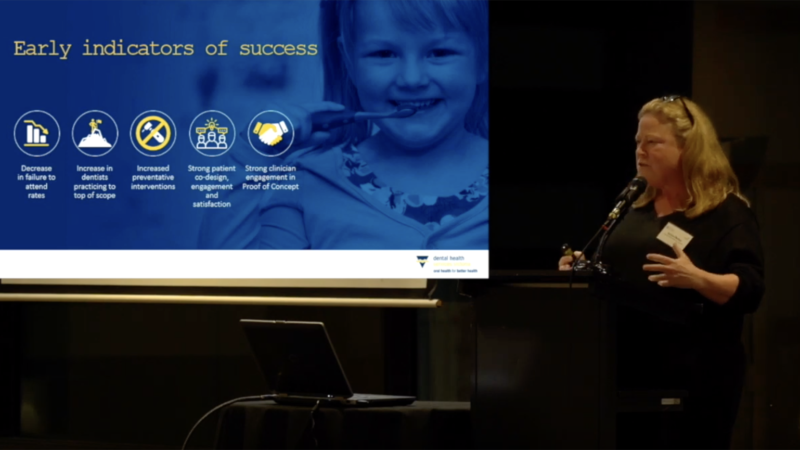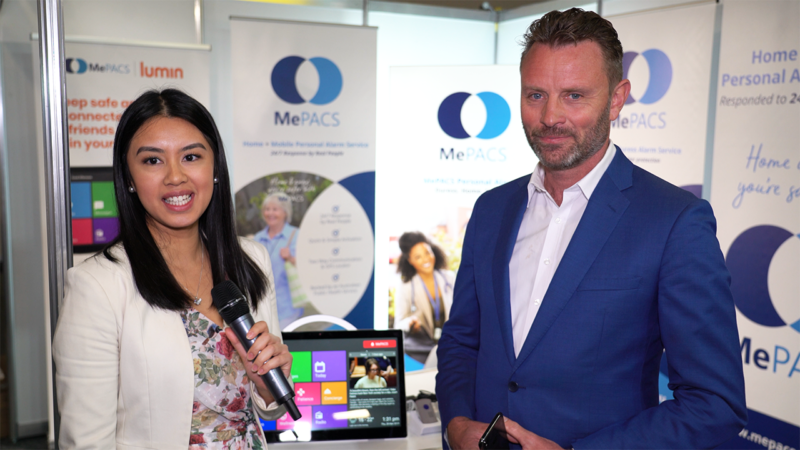Commencing a new series called Pioneers in Health Care, is an interview with Professor Jeremy Chapman AC who for over 30 years, has been involved in nephrectomy, or kidney transplantation.
Honoured “for eminent service to medicine, particularly in the areas of clinical and biomedical research, to the development of ethical policy and practices for organ donation, acquisition and transplantation, and to renal medicine organisations and publications, Jeremy Chapman AC has played significant roles in development of kidney, pancreas and unrelated Bone Marrow Transplantation in Australia.
He has been responsible for global development of ethical transplantation through The Transplantation Society, the World Marrow Donor Association and through advisory roles to the World Health Organisation. He is identified as one of the most influential global leaders in the field of clinical transplantation.
Credit: Australian Academy of Health and Medical Sciences
In September 2022, Western Sydney’s Professor Jeremy Chapman was bestowed the prestigious 2022 Medawar Prize on-stage in Buenos Aires, Argentina.
The Medawar Prize, awarded biennially since 1990 and named after Society co-founder Sir Peter Medawar, is globally recognised as the most prestigious award for excellence in Transplantation Science and Jeremy is “surprised and honoured” saying “not many people get this award so it’s a true delight”.
The award recognises outstanding investigators whose contributions have profoundly influenced organ transplantation.
Professor Chapman has dedicated much of his career to clinical care and research at Westmead, since commencing as a renal physician at Westmead Hospital in 1987. He has worked as Director of Western Renal Services, Westmead Hospital’s Director of Medicine and Cancer, as well as the Director of the Westmead Hospital Foundation, Chair of the Westmead Research Hub Council and member and deputy chair of the board of WSLHD.
In the early days of transplantation long-term care of transplant patients was mostly undertaken by transplant surgeons but as both the numbers and the complexity of transplantation increased, Professor Chapman was amongst the vanguard of renal physicians that focussed, as a physician, on care of patients after their transplant.
“It’s been an interesting road of discovery over time, but also a major transformation in the outcome for our patients,” Professor Chapman said.
“When I was first involved in 1978, we thought a 60% success rate at one year after a transplant was pretty good, even when choosing the very best patients to transplant, now, we would expect more than 90 or 95% success rates in much, much older and sicker patients.”
“Australia has been a great springboard for global activity, so it’s worked out very well to be working in Australia to impact on transplantation globally.”, according to Professor Chapman.
You Might also like
-
Value-Based Health Care : Dental Health Services Victoria Case Study
Dental Health Services Victoria has implemented a value based health model for oral health, around the patient and the clinician that included both during co-design. This has been possible with a single oral health data system for the state of Victoria and staff keeping in mind the value and outcomes that patients seek.
-
Lasers in dental treatment without needles and drills
In 2017, Dr. Omar Zuaiter and Alaa Habeb launched Dentroid, a dental technology startup with a mission to make dentistry a kinder and friendlier experience for patients and dentists using photonics (using laser technology) and robotics, as alternatives to needles, drills and sprays. The vision for the startup is to have dentistry adopt laser technology, addressing the root causes of dental pain & anxiety, and create a pain-free dental experience.
-
Australian Healthcare Week 2019: Pitch Fest Finalist Lumin
Startup company Lumin was a Pitch Fest Finalist at last week’s Australian Healthcare Week Expo in Sydney. The Lumin platform is used in aged care where loneliness and isolation can be a trigger for stroke and dementia. Lumin helps the connection to care providers, family members and duress monitoring services in a device that has been designed for those with dementia, vision impairment or find complex devices difficult to use.
Managing Director and Co-Founder Paul Wilson spoke at the Mepacs booth with Anne Dao from Australian Health Journal about the market they target and the design of the user experience, including the remote servicing and monitoring. The integration allows the monitoring team in the call centre see and hear the personal raising the alarm. Mepacs is a provider of personal duress alarms and have teamed up with Lumin.
Post Views:
1,785



